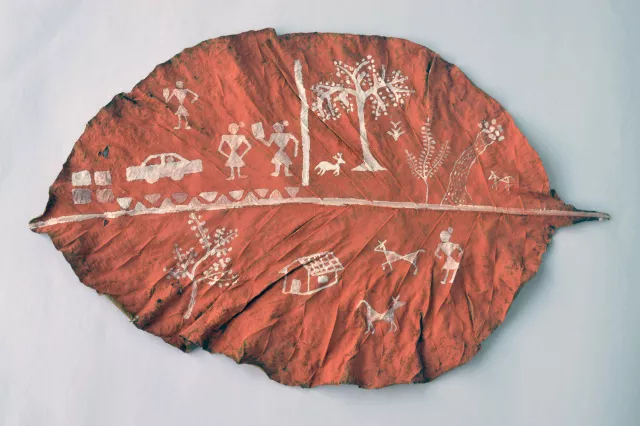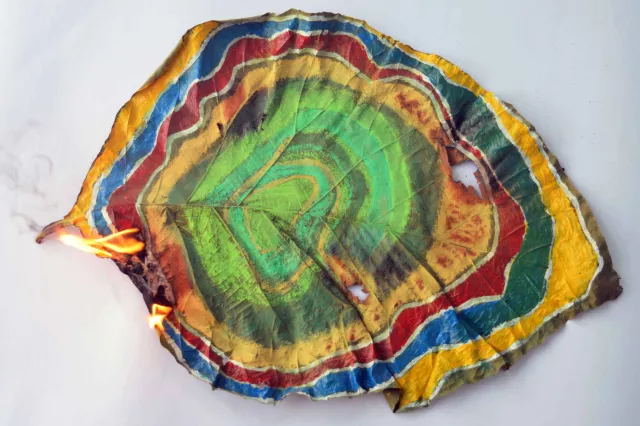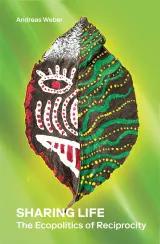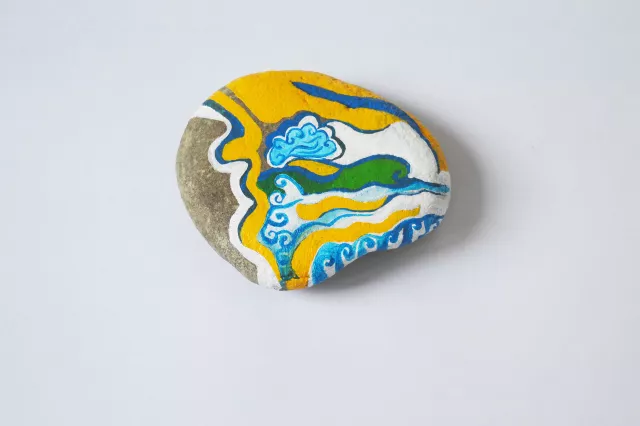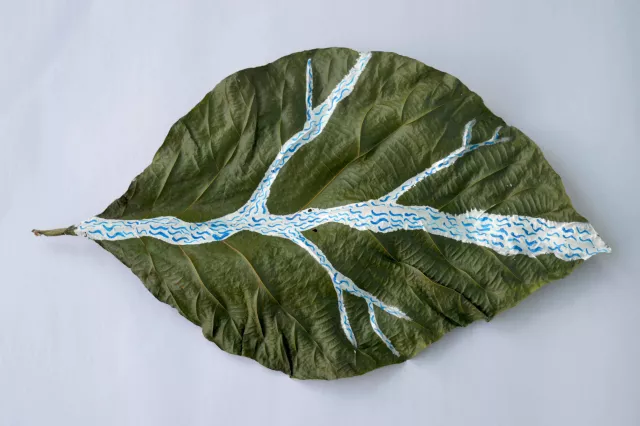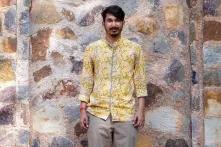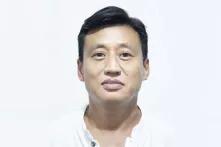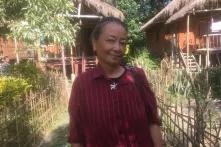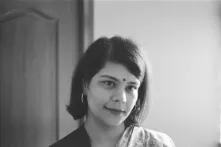Alternative Worldviews
A space for inquiry into an alternative ecology of
knowledges and practices
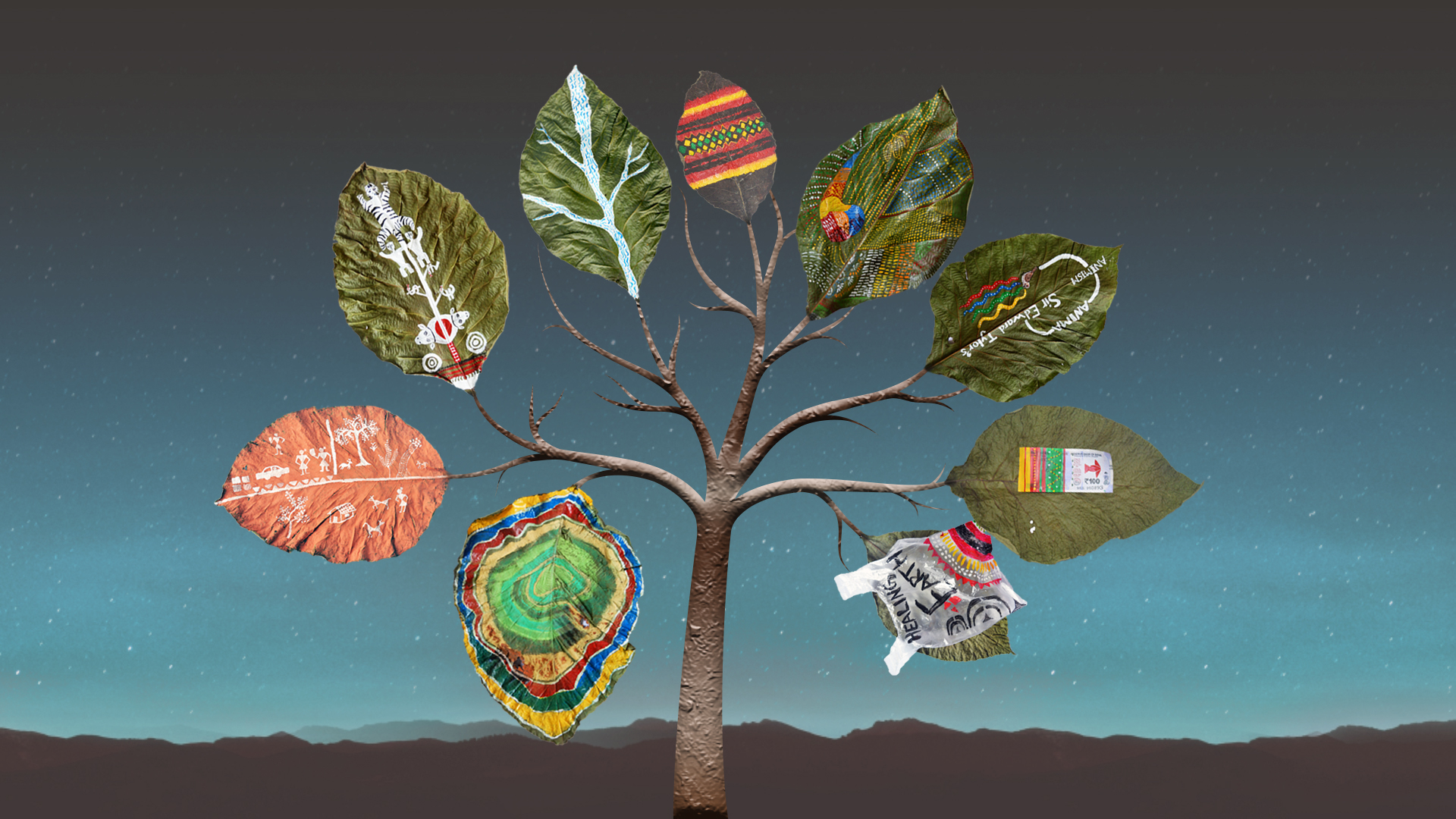
Artwork by Abhishek Chauhan. All rights reserved.
This assemblage of stories, poetry, song, artwork and academic writings speaks about alternative worldviews and traditional knowledge systems of the people of Northeast India and beyond. It is a space curated as an inquiry into an alternative ecology of knowledges and ecological practices. And it is based on recognition of the co-existence of different ways of knowing, practicing or being, as well as on a felt need to study and experience the affinities, divergences, complementarities and contradictions among them.
With a common understanding of the importance of indigenous knowledge systems and practices, the contributors to this assemblage highlight the wealth of indigenous epistemologies and encourage us to un-learn, de-theorise and re-assemble ourselves and our present thinking and methodologies. This assemblage of contributions likewise should be understood as a production in flux and as an invitation to a dialogue about our common ecopolitical future.
"Indigenous thought takes the world – humans, plants, animals, rivers, rocks, rain, and spirits – as a society of “persons”, which are in a constant becoming-together."Andreas Weber
Animism - Daniel & Roohi
Alternative Worldviews - Animism (Official Lyric Video) - Heinrich Böll Stiftung Delhi
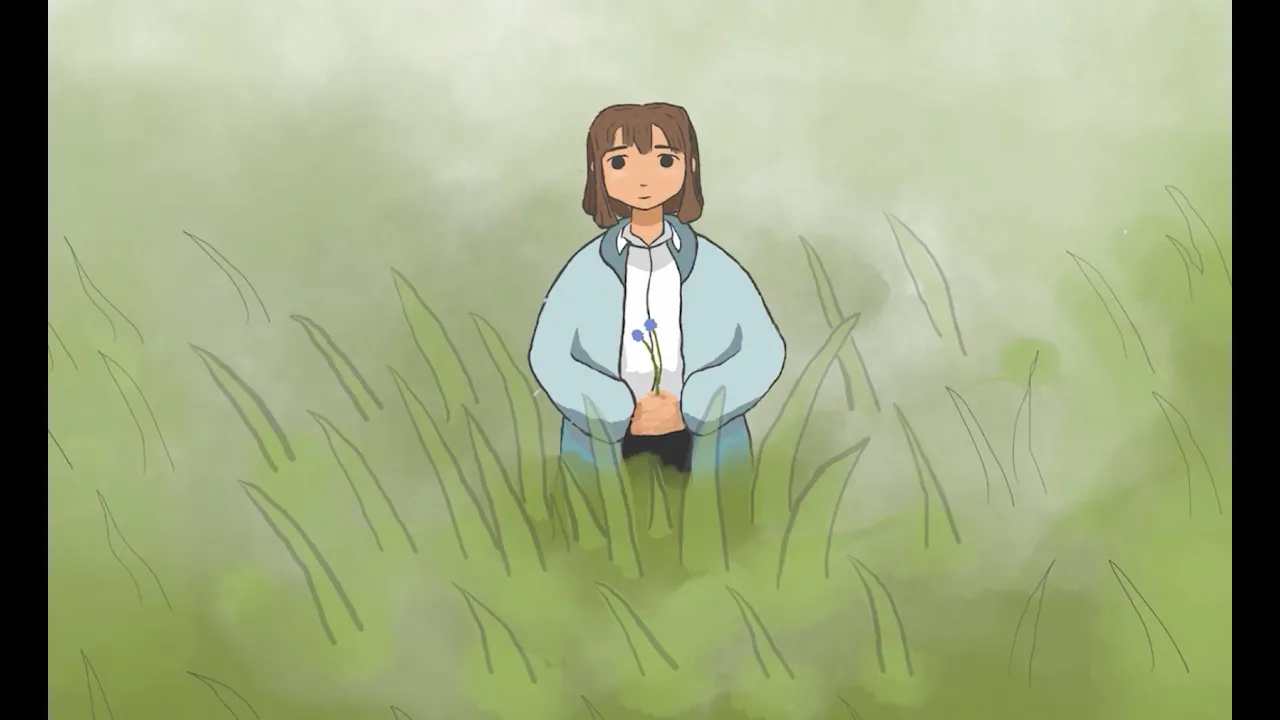 Watch on YouTube
Watch on YouTube
Ecopolis - Daniel Langthasa
The chorus of this song sung in Dimasa language is a Dimasa murithai (folk song) which is sung in a teasing, sarcastic manner to younger generations to encourage them to learn the art of weaving and crafting. This is an age old folk song passed orally from generation to generation. There are no recorded versions of these folk songs and as a result, many of the songs are getting lost in time.
Lyrics of Ecopolis
About
“We don’t need alternatives; we need rather an alternative thinking of alternatives” writes Boaventura de Sousa Santos in his corollaries towards the need for changing the world while constantly reinterpreting it through a collective endeavor.
When looking at the region of the Northeast of India, we find many existing narratives. Historically, the region is often analysed as a space locked in various lines and layers of conflict. More recent narratives follow the region’s importance for economic development agendas highlighting its wealth of natural resources and its importance for connectivity due to its geographic location. Most of these narratives impose a look upon the region from afar. All of them address the Northeast as a space locked within rigid governance or development frameworks.
Such narratives often completely miss the importance of the region’s ecology and biodiversity in terms of rare species of flora and fauna and a wealth of several hundred languages and as many or more cultural traditions. If they address these aspects, these narratives qualify the region as an over-exotified tourist location. Such ‘extractivist’ perceptions do not recognise how the region’s biodiversity since centuries is produced and re-produced through a web of traditional knowledges and worldviews that often go far beyond the region and is part of a larger eco-geographical space. Un-recognised also remain the ‘keepers’ of this myriad of ecological wisdom: The people of the region themselves.
What could be a new narrative for the Northeast of India, and, how could new methodologies of inquiry and of un-learning of existing perceptions contribute towards un-covering of such a narrative?
Equipped with these questions, since early 2019, a group of practitioners, artists, journalists, writers, academicians and experts working in and to the Northeast from multiple disciplines have stepped into a journey of discussions and explorations about and within the region. Based on a common love for the Northeast and its wellbeing, the group has ventured out to investigate into new narratives centering around conservation of nature and biodiversity while acknowledging the interconnectedness of relationships of people and nature. An understanding of the need for new methodologies for learning and exchange created an exploratory space to resolve to together and to learn from the uniqueness of cultures, geographies, ecologies of the Northeast. Till now this ‘WorkSpace’ has brought together more people from within their individual contexts and histories to nurture and document existing and traditional local knowledges, worldviews and histories of the region.
The assemblage presented here is one step within this process. The main essay re-assembles emerging and ancient thinking from diverse disciplines and suggests that the predominantly existing, western-centric idea of the world and of ecology misses an understanding of aliveness. 11 contributions, composed of stories, poetry, song, artwork and academic writings reflect on these suggestions, while providing us with a look into traditional, cultural, spiritual practices and indigenous knowledge systems of the Northeastern region and beyond. Highlighting the need for our better understanding of local realities, and for getting a sense of place, the contributors speak about an ecological and political landscape that expands far beyond a generalised understanding of actual or conceptual (governance) boundaries or (development) paradigms. Most importantly, the contributors speak about the need for breaking through those often painfully felt and enacted boundaries that have for centuries divided nature, culture and people. All contributions reflect a common understanding that ecology and biodiversity needs to be re-generated as a process of lived and living realities in a reciprocal system of relationships between human and other than human beings. The assemblage presented here creates in its parts and as a whole an image of this interwoven system and linkages.
Besides the urge for searching for a new narrative for the region and for an ecopolitical understanding overall, it is the concept of the Social Plastic by the artist Joseph Beuys that has greatly influenced the creation of the ‘WorkSpace NorthEast’. For Beuys, interconnectedness evolves out of social interactions between people and he compares such processes with trees or rivers that, as elements or systems of constant regeneration, over time and location become a form of sculpture in themselves and likewise symbols for the living planet earth. The idea of the WorkSpace expands this idea further in perceiving each living element as constantly evolving and affected by multiple influences.
This assemblage also should be seen as part of such a constant process of flux or flow and as an invitation for further dialogue about an alternative thinking of alternatives. Deep gratitude goes to all the contributors to this assemblage for sharing their thoughts, knowledges, experiences and most of all their creativity. Deep gratitude also goes towards the larger group and initiators of the WorkSpace. It is through the overall groups’ commitment and compassion for the region and a readiness to engage with each other in a space of mutual trust that a dialog about a narrative for a common ecopolitical future is evolving, based on the wisdom of the Northeast.
